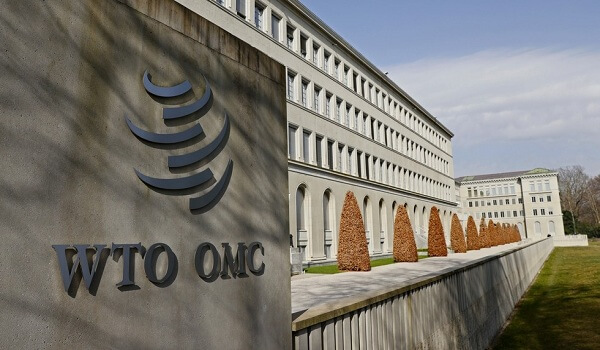India invoked the World Trade Organization (WTO) peace clause for the purpose of providing assistance to farmers in the 2022-23 marketing year for food security. India has informed WTO that it has The minimum limit specified under the Agreement on Agriculture (AOA) for rice has been exceeded. The value of rice production in India in the year 2022-23 was $52.8 billion, during which subsidy of $6.39 billion was given to farmers. This means that rice subsidy in India was 12 percent of the value of production, thereby violating global trade rules. According to this, the 10 percent domestic support limit has been violated. No action can be taken against India for this violation because India has invoked the “peace clause”.
The purpose of its implementation is “to meet the household food security needs of India’s poor and vulnerable populations, and not to facilitate trade”.
Peace clause
- It is a term used by trade negotiators to refer to Article 13 of the WTO’s Agreement on Agriculture.
- It was established by WTO at the Bali Ministerial Meeting in December 2013.
- It provides immunity to developing countries from the challenges of violating limits for wheat and rice.
- It stipulates that no country will be legally prevented from providing food security programs for its own people, even if the subsidies violate limits specified in the WTO Agreement on Agriculture.
- India, Indonesia, South Africa and China are among the 80 WTO member countries. Who have called for launching text-based negotiations to find a permanent solution on Public Stockholding (PSH) for food security.
- This section will remain in place until a permanent solution to the problem of food storage is found.
Case
- Recently the 13th Ministerial Conference of the World Trade Organization was held in Abu Dhabi.
- During this conference, Thailand has made serious allegations against India regarding food subsidy.
- According to Thailand, India buys grain at subsidized rates for the Public Distribution System (PDS) and exports it, which is against world trade rules.
- These allegations of Thailand were also supported by many countries including America, Canada and Australia.
- According to them, India is dominating the global export market by using subsidized rice.
- India has expressed strong objection to this.
Rules of world trade
- WTO has set a limit regarding subsidies.
- Under this rule, any country can give only 10% of its total production as subsidy.
- This limit is 10% for developing countries and 5% for developed countries.
- According to this rule, the limit of subsidy is 10%, but India is giving much more than this, about 12%.
- Due to this, Indian grains are available at low prices in the international market, due to which farmers of the world like Thailand, America etc. are suffering losses.
World trade organization
- It was established on 1 January 1995 during the Uruguay Round of talks.
- Its headquarters is in Geneva, Switzerland.
- Presently it has 164 country members.
- India is one of the founding members of this organization.

